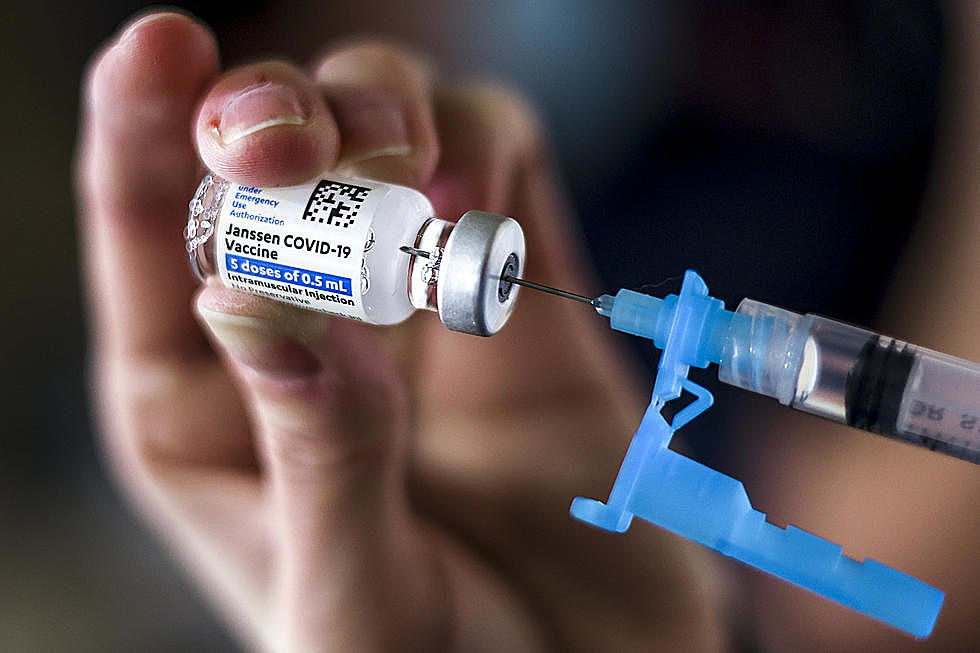
A List of Other Common Things That Could Give You Blood Clots
Johnson & Johnson's COVID-19 vaccine was returned to active service.
As you may have heard, the one-shot Johnson & Johnson coronavirus vaccine was pulled for a short time because seven women were found to have blood clots that may or may not have been the result of receiving the vaccination. Some 6.8 million people received the Johnson & Johnson vaccine so far. At the time, six people had issues, one of which died.
I'm not going to minimize any death at all, but at that time, it meant that 0.00008823529411764706 percent of people inoculated had this problem. This means that realistically it could have been the needle stick or some other factor, as well as possibly the vaccine.
What else could give you blood clots? This is pretty important, because you're already dealing with things that have a higher chance of giving you a problem. One of the potential side-effects of using ibuprofen is blood clots. I use ibuprofen just as an example, but it's also true of all NSAIDs, including aspirin and naproxen (Aleve).
Choline, which is present in meat and eggs, can give you blood clots. Being fat or being pregnant can also cause blood clots. Of course, you can also have blood clots from injuries and surgical procedures (In fact, I lost a cousin to routine knee surgery for this very reason). Here's a reason you really won't like: you can get blood clots just by being lazy or being over 60 years old.
I'm aware I'm not going to convince an anti-vaxxer this is safe. That's okay. I'm here for those people who want to be vaccinated and have some fears. A number like 0.00008823529411764706 would be considered statistically impossible in almost any other case.
Good luck to you on whatever vaccine you select. Thank you for being a hero and helping us escape the clutches of this terrible virus.
Zombie Peepshow Favorites
KEEP READING: Here are 50 of the most famous sports goofs
More From KFMX FM









